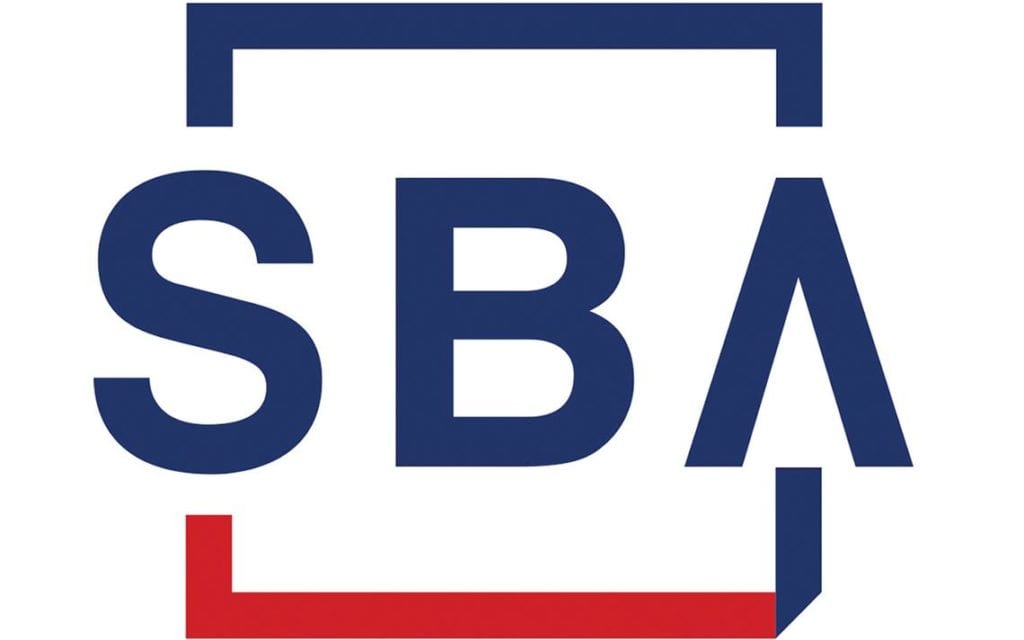
SBA PPP Loan
In March 2020, Congress created the Paycheck Protection Program (“PPP”) to support small businesses through the financial difficulties posed by the COVID-19 epidemic. One of the most attractive features of an SBA PPP loan is its ability to be converted into a grant if the recipient business owners uses the funds for allowable purposes.
However, if a PPP loan is used for purposes other than those described in the Coronavirus Aid, Relief, and Economic Security Act (CARES), the loan can be converted into a recourse liability. This allows the Small Business Administration (“SBA”) to seek recovery from the debtor and debtor’s assets for any portion of the loan used for unauthorized purposes. In addition, the loan will also no longer qualify for forgiveness.
What’s My Legal Liability?
To receive PPP funds, several certifications need to be made. Business owners and their authorized representatives must certify in good faith, several statements on the PPP loan application and submit tax documents attesting to them. These documents must also match those submitted to the IRS and must be true and correct in all material respects. Cases involving false assertions made on loan certifications or the knowing use of funds for unauthorized purposes may be brought under the False Claims Act. The federal government may pursue recovery of loan amounts and/or civil or criminal fraud charges. Making false statements to obtain forgiveness of SBA-guaranteed loans is punishable under several federal statutes, including: 18 USC 1001 and 3571 by imprisonment of not more than five years and/or a fine of up to $250,000; under 15 USC 645 by imprisonment of not more than two years and/or a fine of not more than $5,000; and, if submitted to a Federally insured institution, under 18 USC 1014 by imprisonment of not more than thirty years and/or a fine of not more than $1,000,000.
Regulatory Attitude – Optics Matter!
Signaling his newfound regulatory zeal, US Treasury Secretary Steven Mnuchin recently announced that any company which received a PPP loan of more than $2 million will be audited for compliance with the program’s terms before loan forgiveness is granted. One important thing for loan recipients to keep in mind is that optics matter for regulators. Prosecutors prefer to go after cases with clear evidence of excess spending and favoritism towards management. Loan applicants should be warry of spending PPP funds on disallowable expenses such as executive bonuses, excessive marketing expenditures, and travel.
Fraud & How to Avoid It
Business owners who misuse PPP funds or commit fraud in their loan application certifications will be directed to repay funds by the SBA. Further, loan recipients who knowingly misuse funds for unauthorized purposes may be subject to additional penalties, such as charges of fraud. The first criminal fraud charges due to misappropriated PPP funds have already been brought in Rhode Island under U.S. v. Stanley. Although that case concerns a rather egregious instance of fraud, regulators will be on the lookout for more difficult, and likely more common, cases in the coming months. The Stanley case is particularly egregious due to charges of bank fraud brought against the defendant, criminalizing his attempts to obtain payroll funds from the SBA for the payroll of “shadow employees”. Loan applicants should keep in mind that 75% of PPP funds must be applied strictly towards payroll costs, which also includes peripherally related employee expenses such as pension payouts and medical plan funding. The remaining 25% may be used to cover allowable non-payroll costs such as rent, mortgage payments, and utility expenses.
Expectations of Enforcement
PPP enforcement actions will likely mirror those taken by regulators for recoveries of misappropriated Troubled Asset Relief Program (“TARP”) funds. Much like the PPP, TARP was created by Congress to stabilize the country’s financial system after the 2008 financial crisis. Businesses must keep in mind that even small technical mistakes on applications during emergency periods can potentially be interpreted as fraud, even years after the receipt of funds. Applicants for PPP loans should therefore exercise the upmost precaution to ensure the accuracy of their loan applications and the actual use of funds.
Best Practices
To avoid reprisals from the SBA, loan recipients should be documenting the use and allocation of PPP funds. It may also be a good idea to segregate COVID-19 relief funds from all other business-related accounts. Having PPP funds apart in a separate bank account can help auditors more clearly trace the use of loan proceeds.
Published by Arin Nahapatian

Leave a Reply